Wauchope Travel: Agent’s COVID woes continue as financial support delayed
A struggling Wauchope travel agent says she is still waiting for the Federal Government’s first round of COVID-19 stimulus, despite a second round of payments now being introduced.
Mid-North Coast
Don't miss out on the headlines from Mid-North Coast. Followed categories will be added to My News.
- VOTE NOW: The Mid North Coast’s best personal trainer of 2020
- ‘Gold rush’: Mineral price hike leads to Kempsey mining bid
A multimillion-dollar scheme designed to assist travel agents to steer through the headwinds of the COVID-19 pandemic is yet to reach a Mid-North Coast business more than five months after it made an application for assistance.
Robyn Flanagan, owner of Wauchope Travel, filed for an eligibility payment in December when the Federal Government announced it would provide more than $128 million to the travel industry to help recover from the pandemic.
The payments of up to $100,000 were set to ease the pressure from the escalating crisis engulfing the industry, which was one of the hardest hit from the pandemic due to global restrictions on travel.
A second round of funding was announced on Sunday, and businesses will be able to apply for financial assistance from late April.
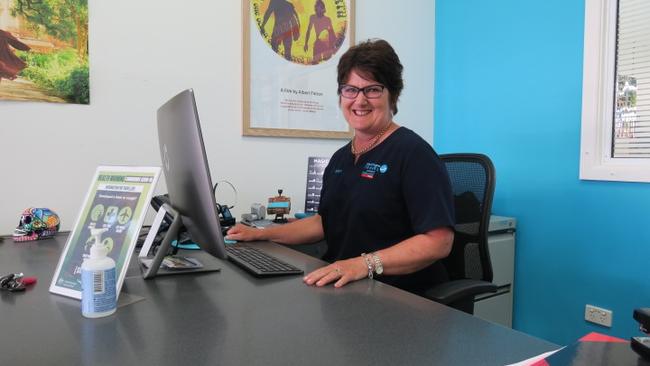
But more than five months on from the round one announcement, Mrs Flanagan said she is still not sure whether she’s been accepted for assistance and just how much she’ll receive.
“I started on the 7th of December and I’ve been going back between Services Australia and the ATO and I’m still cranky about it,” she said.
“I just think most of us are in that state we’re we are still waiting and now it’s getting quite serious because we've lost so much staff now and I’ve had to pay out all their entitlements. It’s gone next level to the point we’re [agents] pretty much closing a lot of stores.
“If we don’t see some good results from these half price airfares and don’t receive the second round of funding or even first round we’ll be very close to closing.”
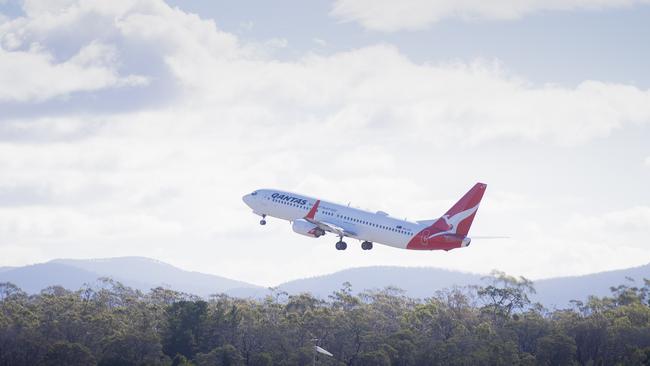
Based on Mrs Flanagan's taxation and turnover calculations, she said she should be eligible for about $15,000, which would go a long way to covering the cost of termination payments she has had to make in the wake of the crisis.
“I've lost two of my staff. I've had to pay out huge entitlements because they don’t think they’ve got job security and they haven’t.
“It’s still a really hard ride to be honest.
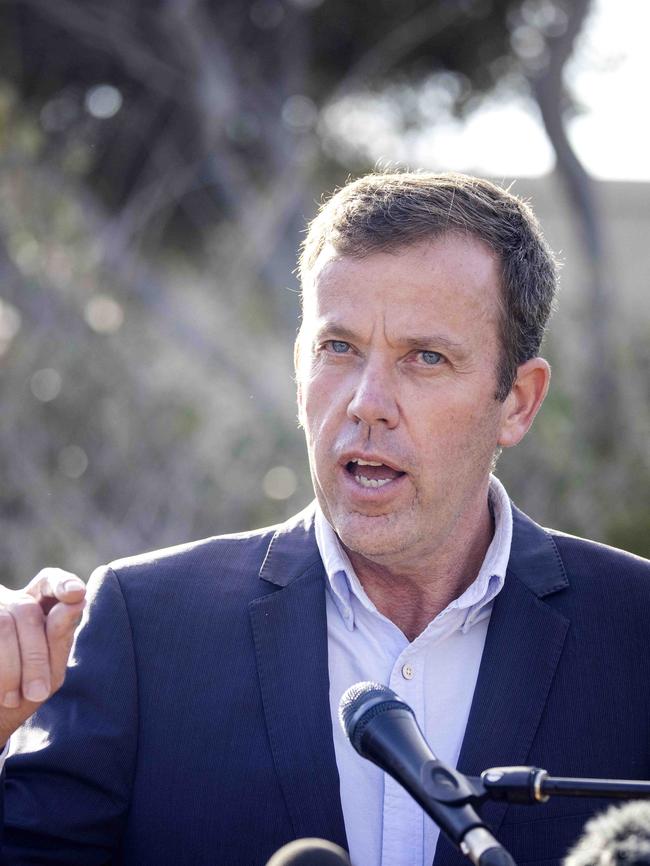
“I will be eternally grateful if I get it, but I still don’t feel like I’m going to get it because it’s so hard and it’s taking so long and there seems to be such complexities put in the way.”
Anthony Miles from Mid Coast Travel and Cruise said issues stemming from the initial round of funding came due to tax calculation anomalies.
“We had some agents get the minimal $1500 and some get $70,000 and they all had the same turnover but they all reported differently,” The Macksville agent said.
“That’s something that was an issue and that’s something that wasn’t really brought forward and the government didn’t really understand it they just implemented it without listening or understanding.
“They hadn't set up with the ATO on how we were supposed to report properly, the only thing they could go off was GST turnover and travel agents don’t pay GST on international sales.”
He said the financial assistance paid to his agency was 'better than some,' but still short of the mark.
“We received some assistance, and we were a little better off than some, but nowhere near the maximum,” he said.
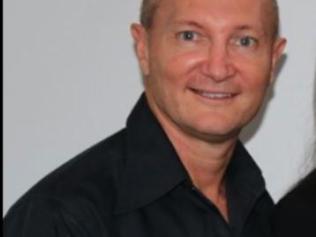
EARLIER:
‘We just need some help’: The cost of COVID travel industry
On October 9, 2020
A government bailout to help rescue the travel industry from the clutches of COVID-19’s economic stranglehold is needed by Christmas – or otherwise time could be up for Wauchope Travel.
Robyn Flanagan has spent 12 years building the former Wauchope Travel, which now operates under the Helloworld franchise, into what it is today – a reliable, well known and established brand that people trust.
But come Christmas, if the business doesn’t see support from the Federal Government to help push it through to the start of its peak travel season in February – then she holds grave concerns for 2021 and beyond.
“We are now going into our slow period,” she said. “This is traditionally the time where we don’t make any money until February … what the hell is it going to like by then if don’t get any help?”
Ms Flanagan, however, counts herself as one of the fortunate ones. During the midst of the COVID-19 crisis, she’s managed to keep the business open and operating on the smell of an oily rag.
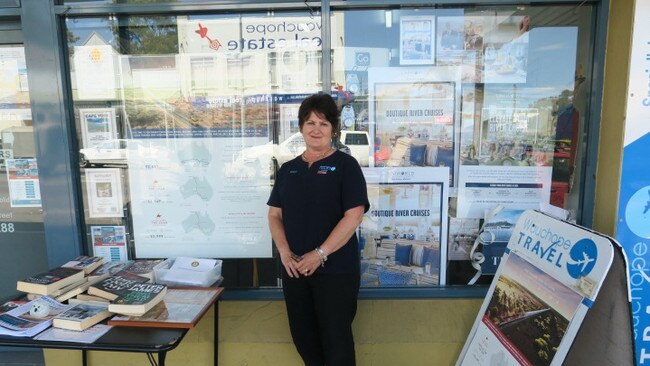
“If you don’t have a good landlord you’re out already,” she said.
“Most of my girlfriends [other agents] have packed up their stores and they’ve packed up their phones and they’ve taken them home and they’re sitting it out at home.
“What we need is for JobKeeper to be increased. We were managing on the first level, but this is when I’ve lost them [staff] on the second level.
“We need a bit of money to get us through until next year … we need the borders open.”
Domestic travel, she said, will only allow the business to survive for so long. It’s the major markets in Europe and the US which have really hurt the bottom line.
“It’s the UK, it’s the US, it’s Europe and it’s cruising.”
“It’s a really unviable business model at the moment. What we need is just to be propped up, we need to be able to sell, we need product.”
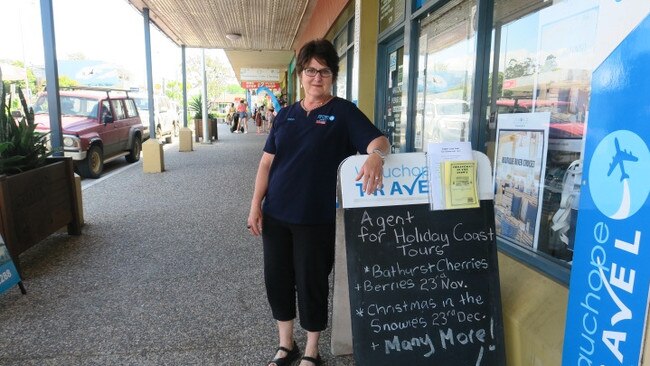
International travel accounts for 70 per cent of bookings for agents, equating to about two-thirds of their total annual turnover.
Almost all agents have experienced revenue falls of close to 100 per cent, and unlike hotels, airlines and tour operators, they can’t pivot their business model.
Instead, they are now operating from the lowest possible base by either laying off staff, working remotely, suspending operations or closing down completely.
There’s been next to no support provided to date from Federal Government, who have been busy propping up other industries such as construction (builders) via the Home builder Scheme ($688 billion), arts and entertainment ($250 million), Film and TV ($400 million) and Aviation ($1.1 billion).
“This cannot last more than another three months … another quarter … by Christmas,” Ms Flanagan said, before help comes knocking.
“Very little of what we do, can’t be booked online. We put things in a package, people pay their insurance and bang, it’s all done.”
“We do all the fiddling around, we send money here, we send money there, we tailor the trip to suit.”
Despite the economic carnage that the industry has had to withstand, she remains hopeful.
“We will come back … we won’t come back with bang, it will be slow, but we will come back.”



